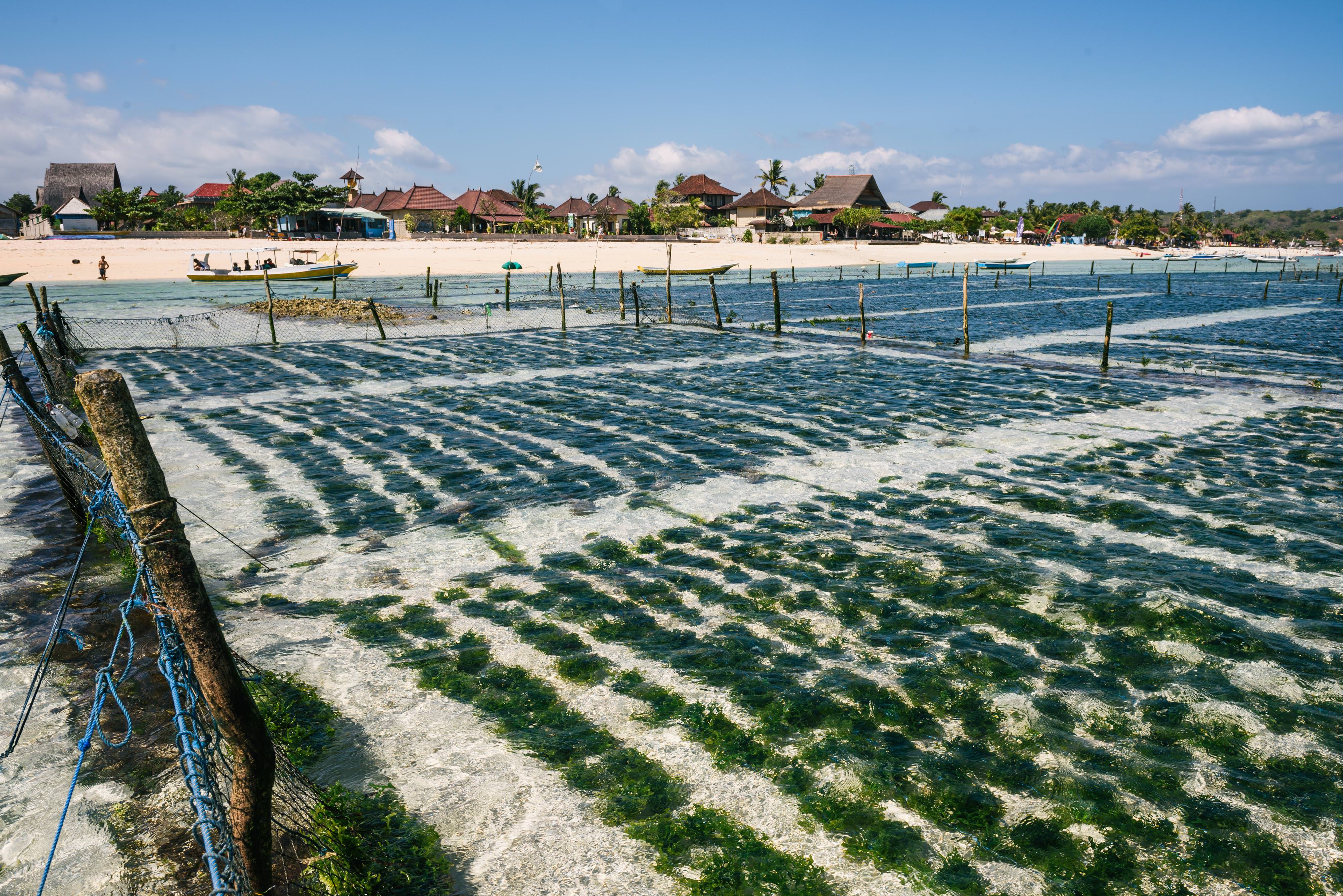Fish stocks around the world are declining—with an estimated 90 percent of the world’s fisheries over or fully exploited. Keeping fish in the sea is integral to sustaining the ocean’s health so that it can continue to provide a steady food supply and sustain robust economies for coastal communities. Many fish stocks are overfished, yet the lack of industry incentive and government tools for policy and regulation get in the way of creating a system of sustainability.
In Asia Pacific, 200 million people depend on coastal fisheries. However, nearly all these fisheries are in jeopardy. TNC is collaborating with local communities and governments to reform fisheries by collecting accurate data on fish catch to ensure fish meet minimum sizes, thereby securing the future of these small- and medium-scale fisheries. To accomplish this, we use innovative science and expertise such as FishFace—an application that recognizes fish species in photographs, giving struggling fishermen a low-cost way to assess populations and inform sustainable catches.
TNC is also engaging in one of the world’s most lucrative industrial fisheries, tuna, to develop a new model that advances ocean health, sustainable seafood supplies and the resilience of coastal nations and their marine resources. As with small- and medium-scale fisheries, Indo-Pacific tuna fishery managers lack the data they need in order to fish sustainably. TNC is leveraging advanced technology and machine learning in the form of electronic monitoring (video cameras, GPS and sensors aboard fishing vessels) to fill critical, on-the-water, science and compliance management data gaps.
We Can’t Save Nature Without You
Sign up to receive regular updates from The Nature Conservancy.




